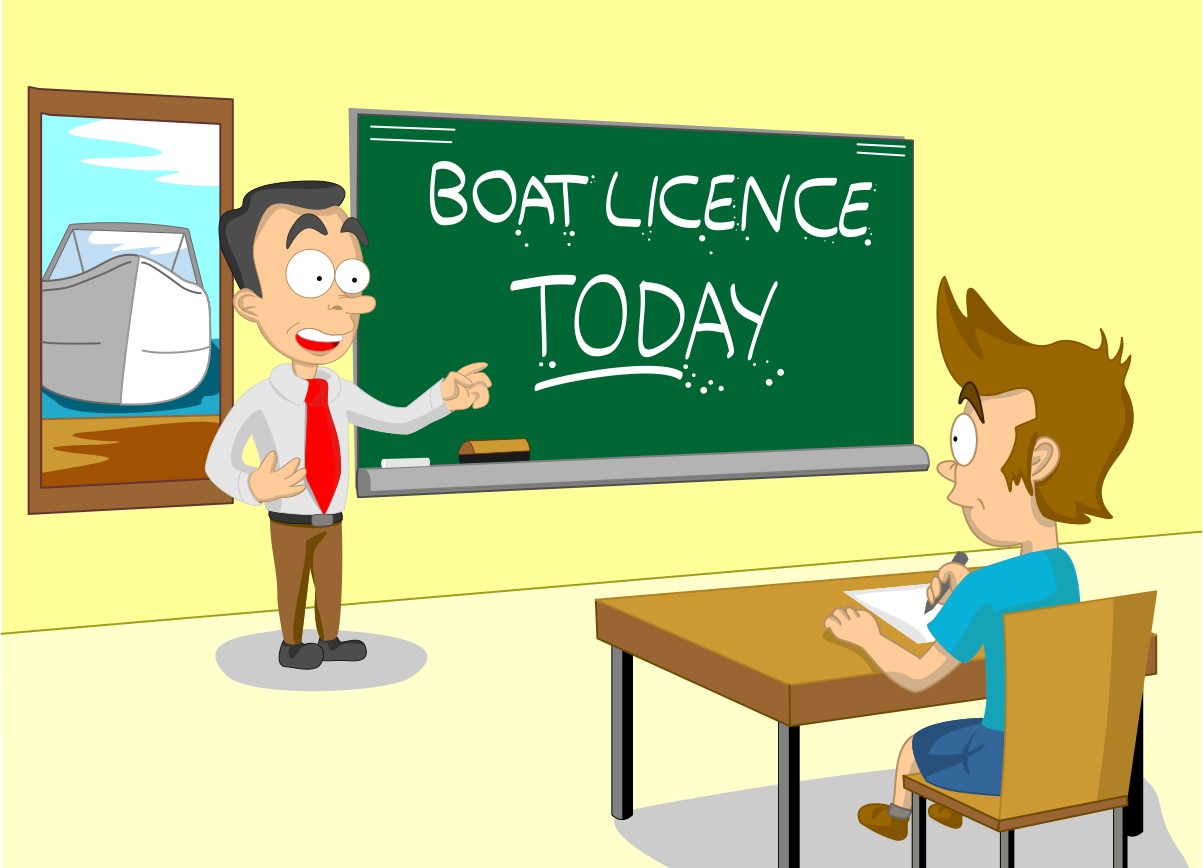
Wondering what size boat you can drive without a licence? Whether on a kayak, tender, small fishing boat or offshore cruiser, boating is a great way to spend time with family and friends, enjoying calm seas, great views and even adventurous sports on lakes, rivers and the ocean.
When it comes to driving boats and requirements for a boat licence, the rules vary significantly from State to State along the East Coast of Australia. If you’re thinking about spending time on the water without a licence then it’s best to plan ahead – so you know your limits and legal requirements so you can make a call on whether you need to invest in a boat licence.
New South Wales (NSW) and Australian Capital Territory (ACT)
Wondering when you need a boat licence in NSW? When it comes to boating license requirements, as Transport NSW explains, the license laws in this state actually have nothing to do with the size of the vessel. Instead, it is the speed that determines the license requirement - if you plan to drive a boat at more than 10 knots, or more than 18 kilometres per hour, you will need a general boating license.
If you drive a personal watercraft (PWC) in NSW or ACT, you need a separate credential, called the PWC driving license. A PWC (such as a jet ski or jet powered surfboard) has a fully enclosed hull that may be driven sitting, standing or kneeling.
Queensland (QLD)
In QLD, it's not the size of the boat that comes into play, but rather the engine power. Queensland Government specifies that any Queensland regulated ship with engine power of more than 4.5 kilowatts must be operated by someone with a licence. Moreover, the operator must maintain both a recreational marine and a personal watercraft licence.
Victoria (VIC)
As the State Government of Victoria explained, everyone operating a powered recreational boat in the state of Victoria, no matter the size of the boat, must hold a license. Whether you're driving a large yacht or a canoe powered by a small engine, you must hold the proper credentials and carry them with you while in operation, thanks to the passage of the state's Marine Safety Act. Note that licenses must be renewed every five years.
Tasmania (TAS)
In TAS, Marine & Safety Tasmania said, all individuals who wish to drive boats that boast at least 4 horsepower or more must hold a motor boat license. This does not apply to hire and drive vessels, only to those who do so recreationally. They would have to complete a practical safety course at a cost through an accredited provider, and renew after a three-year period.
Boat Licence Variations
As you can see, there are numerous requirements dependent largely upon where your boat is registered. It's best to check with your State government, as there is no overarching law that applies to boat owners across Australia. While some states’ regulations are based on boat size, more have to do with engine power or the type of vessel (commercial, as opposed to recreational).
As long as you ensure that you're following the rules of the seas and taking all the proper precautions to make sure that everyone aboard is safe and happy, there's no reason why you shouldn't be able to have a fun and memorable experience on the open water.
If you’re not sure what type of vessel you can drive, or are thinking about buying a boat, we’re here to help! With 75 years of experience, Hunts Marine is a third generation, family-owned business with extensive experience in recreational boating. Find out more at HuntsMarine.com.au, give us a call on (02) 9546-1324 or get in touch with our team at Hunts Marine in Sydney, Wollongong or Batemans Bay.




